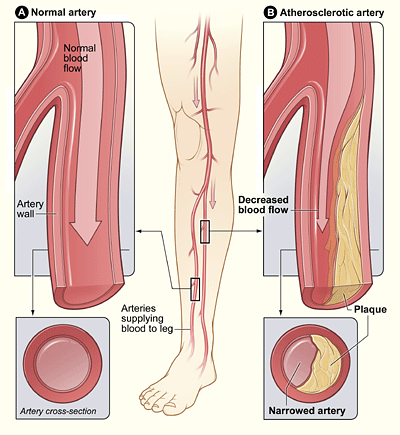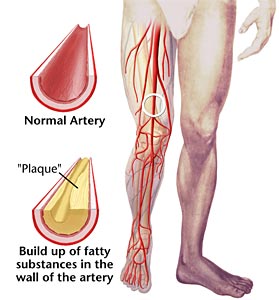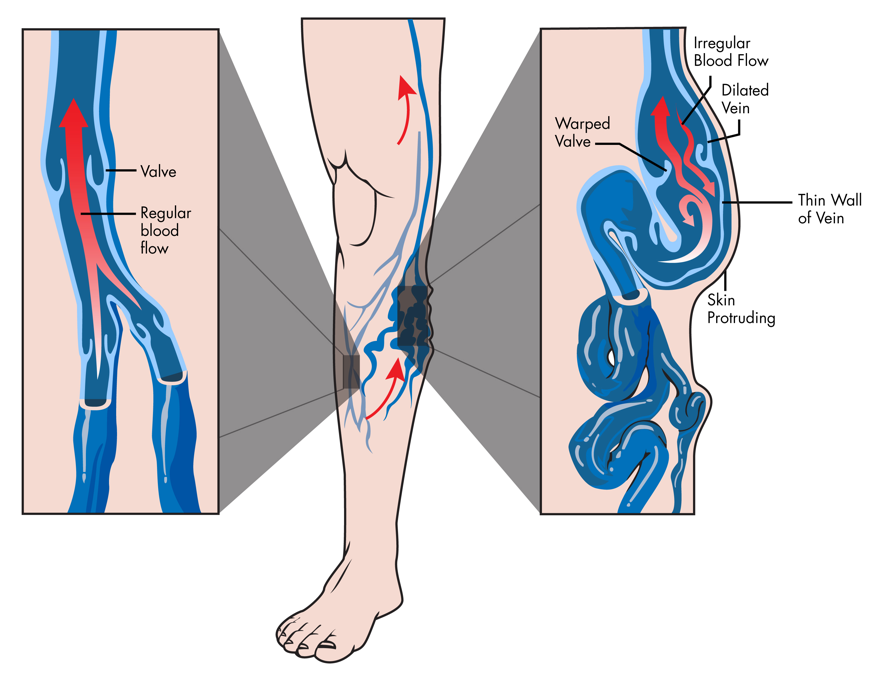MEDICAL CONDITIONS INDEX
Proudly serving Metro Vancouver and British Columbians with hyperbaric oxygen services and wound care since 1999
© 1999- BaroMedical Research Centre, Inc. All Rights Reserved
7850 Sixth Street - Burnaby V3N 3N3 - British Columbia - Vancouver - CANADA - Ph: 604-777-7055
Information contained on this site is intended for general consumer understanding and education. It should not be used as a substitute for any medical professional opinion, advice or prescribed medication nor should it serve as diagnosis or treatment of health problems.




